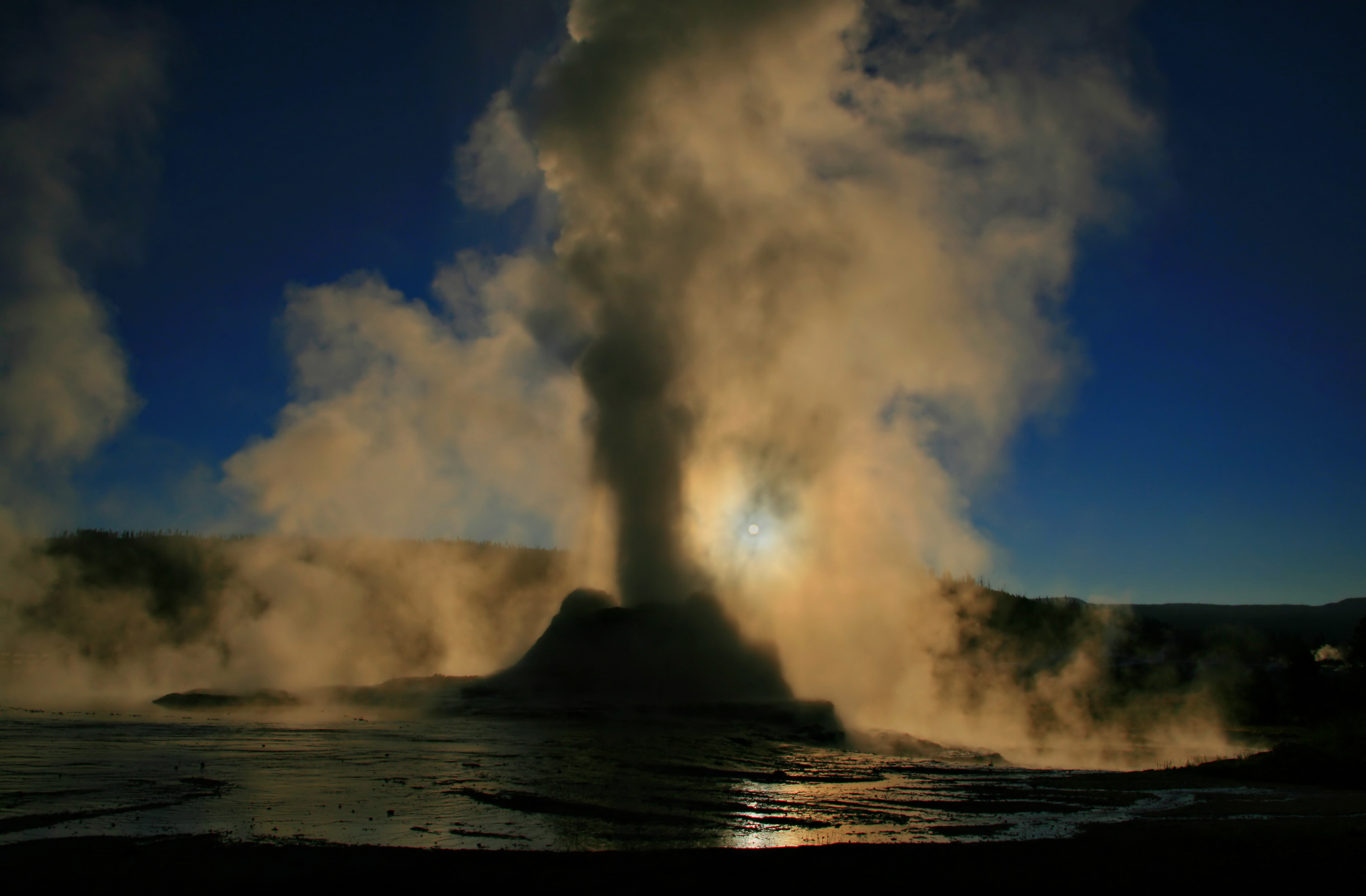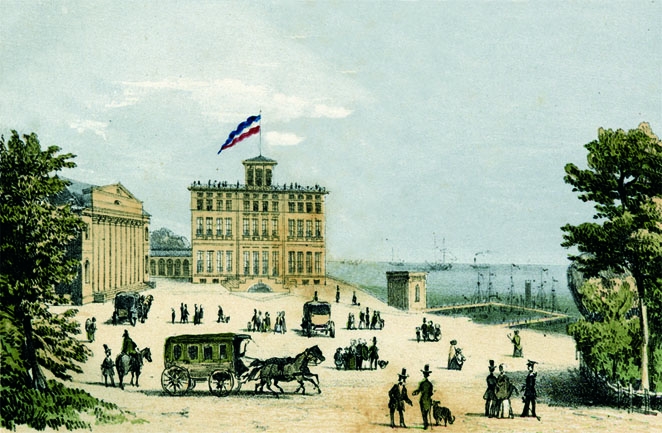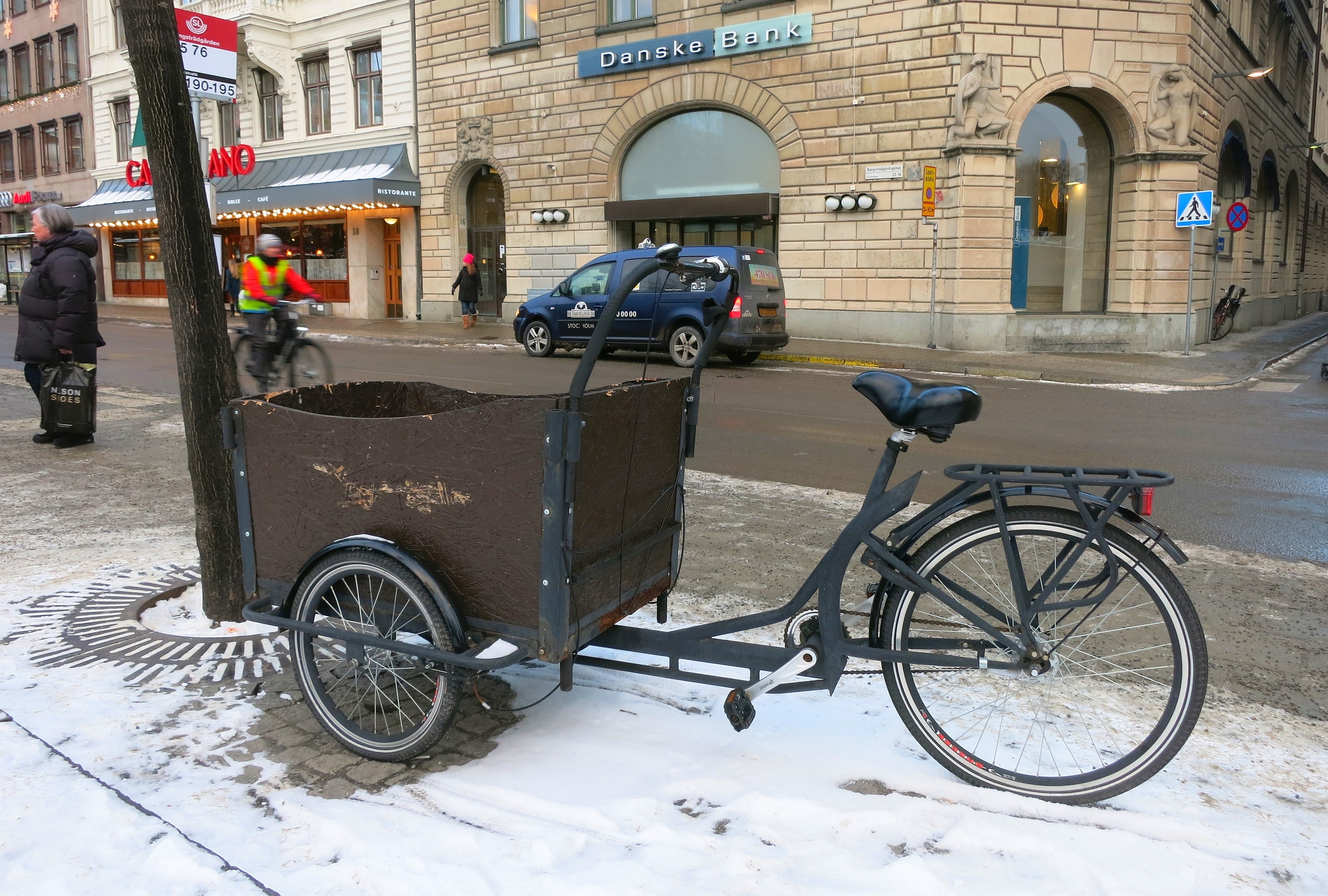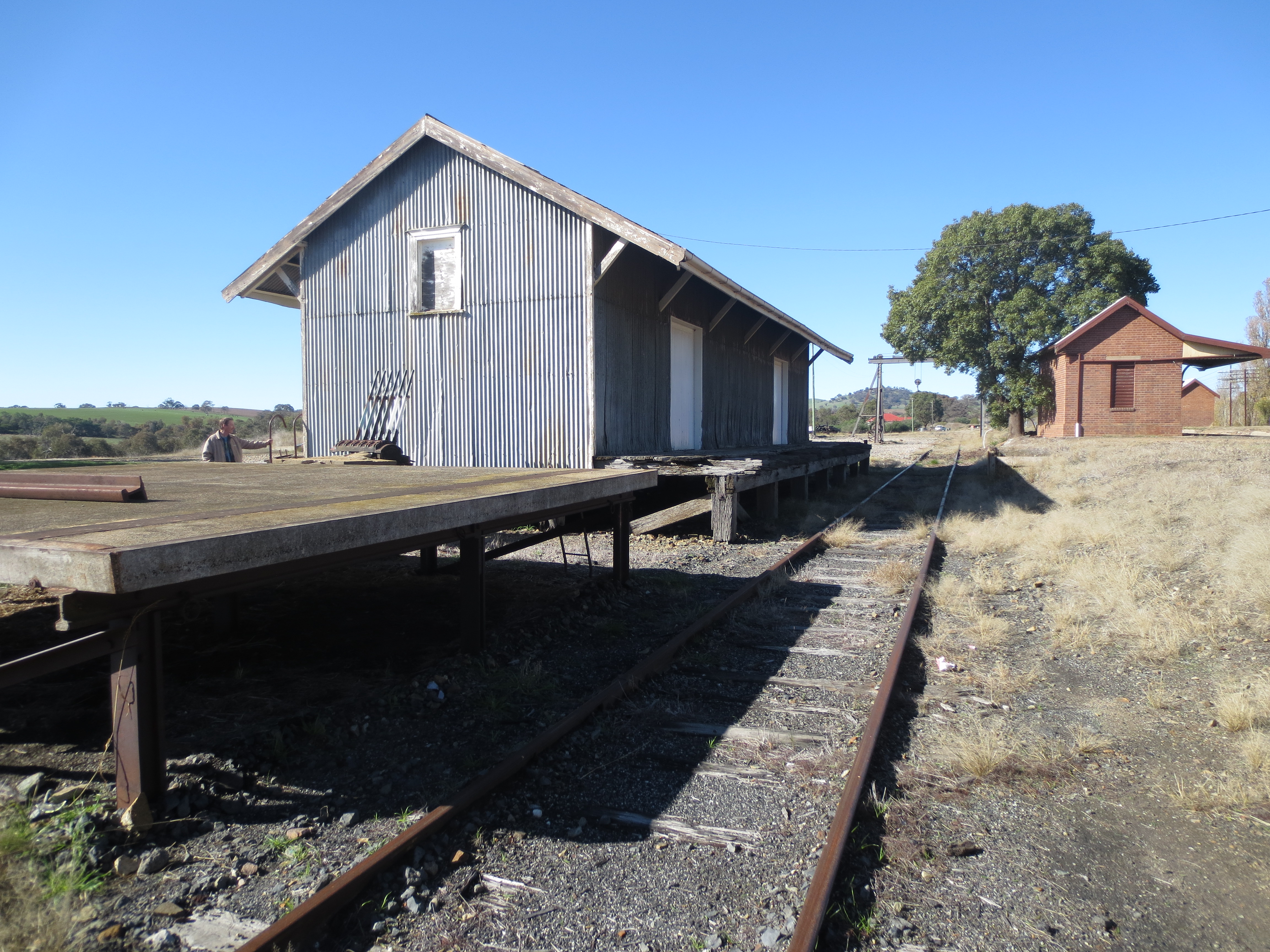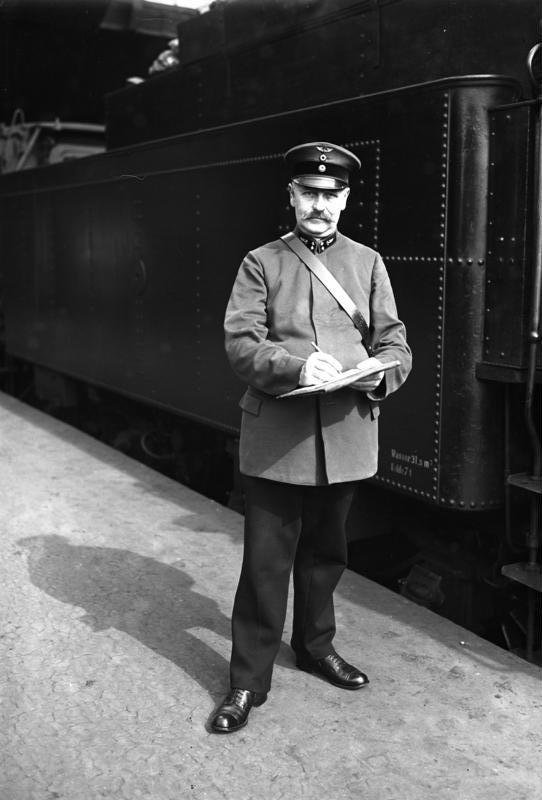|
Molli
The Molli (''German: Mecklenburgische Bäderbahn "Molli"''; short: MBB; also: Molli Bahn or Mollibahn) is a narrow-gauge steam-powered railway in Mecklenburg, Germany, running on gauge track. It operates between Bad Doberan, Heiligendamm and Kühlungsborn West over a total distance of 15.4 km with a running time of 40 minutes. Within Bad Doberan the line runs through the street, and later along a linden tree-lined avenue. History On 19 June 1886 Frederick Francis III, Grand Duke of Mecklenburg granted a licence for the construction and operation of a narrow gauge railway from Doberan station to Heiligendamm, this first section going into operation on 9 July 1886. , accessed on 6 June 2011 It was built by the private railway construction and operating company of from |
Bad Doberan Station
Bad Doberan station is a railway station in the town of Bad Doberan, located in the district of Rostock, Mecklenburg-Vorpommern Mecklenburg-Vorpommern (MV; ; nds, Mäkelborg-Vörpommern), also known by its anglicized name Mecklenburg–Western Pomerania, is a state in the north-east of Germany. Of the country's sixteen states, Mecklenburg-Vorpommern ranks 14th in po ..., Germany. References {{reflist, 30em Railway stations in Mecklenburg-Western Pomerania Railway stations in Germany opened in 1883 Buildings and structures in Rostock (district) ... [...More Info...] [...Related Items...] OR: [Wikipedia] [Google] [Baidu] |
Kühlungsborn (Bäderarchitektur)
Kühlungsborn () is a ''Seebad'' (seaside resort) town in the Rostock district, in Mecklenburg-Vorpommern, Germany. It is situated on the Baltic Sea coast, 11 km northwest of Bad Doberan, and 25 km northwest of Rostock. The town has an elongate beach and promenade, many hotels in typical German spa town architecture and a marina. It is the largest seaside spa town in Mecklenburg. Kühlungsborn is a place with long spa traditions. It was one of the first seaside resorts to be founded in Germany, dating back to the 1860s. While the bicycle is a popular way of transport, the ''Molli'' steam railway is an historic tourist attraction that also allows exploration the area. In summer times many people rent one of the traditional ''Strandkorb'' on the beach, a covered chair protecting one from wind and sun. Town history The town of Kühlungsborn was founded on April 1, 1938 with the merger of the three municipalities; Fulgen, Brunshaupten and Arendsee. On the town coat of arm ... [...More Info...] [...Related Items...] OR: [Wikipedia] [Google] [Baidu] |
Kühlungsborn
Kühlungsborn () is a ''Seebad'' (seaside resort) town in the Rostock district, in Mecklenburg-Vorpommern, Germany. It is situated on the Baltic Sea coast, 11 km northwest of Bad Doberan, and 25 km northwest of Rostock. The town has an elongate beach and promenade, many hotels in typical German spa town architecture and a marina. It is the largest seaside spa town in Mecklenburg. Kühlungsborn is a place with long spa traditions. It was one of the first seaside resorts to be founded in Germany, dating back to the 1860s. While the bicycle is a popular way of transport, the '' Molli'' steam railway is an historic tourist attraction that also allows exploration the area. In summer times many people rent one of the traditional ''Strandkorb'' on the beach, a covered chair protecting one from wind and sun. Town history The town of Kühlungsborn was founded on April 1, 1938 with the merger of the three municipalities; Fulgen, Brunshaupten and Arendsee. On the town coat of ar ... [...More Info...] [...Related Items...] OR: [Wikipedia] [Google] [Baidu] |
Steam Tram
Steam is a substance containing water in the gas phase, and sometimes also an aerosol of liquid water droplets, or air. This may occur due to evaporation or due to boiling, where heat is applied until water reaches the enthalpy of vaporization. Steam that is saturated or superheated is invisible; however, "steam" often refers to wet steam, the visible mist or aerosol of water droplets formed as water vapor condenses. Water increases in volume by 1,700 times at standard temperature and pressure; this change in volume can be converted into mechanical work by steam engines such as reciprocating piston type engines and steam turbines, which are a sub-group of steam engines. Piston type steam engines played a central role in the Industrial Revolution and modern steam turbines are used to generate more than 80% of the world's electricity. If liquid water comes in contact with a very hot surface or depressurizes quickly below its vapor pressure, it can create a steam explosion. Ty ... [...More Info...] [...Related Items...] OR: [Wikipedia] [Google] [Baidu] |
Bad Doberan
Bad Doberan () is a town in the district of Rostock, Mecklenburg-Vorpommern, Germany. It was the capital of the former district of Bad Doberan. In 2012, its population was 11,427. Geography Bad Doberan is situated just west of Rostock's city centre and is therefore part of one of the most developed regions in the north-eastern part of Germany. The town nestles between beautiful beech tree forests just 6 km from the Baltic Sea and is one of the earliest German settlements in Mecklenburg. Today the town is a very popular bathing resort, thanks to Heiligendamm, a district of Bad Doberan situated directly at the cliff line of the Baltic. Historically, Doberan used to be the summer residence for the Mecklenburg Dukes who resided in Schwerin, and for their entourage. Name The name Doberan, originally ''Dobran'', is a place name that probably derives from a Slavic Old Polabian personal name, meaning "good" (''dobry''). According to legend, the name Doberan originated when the ... [...More Info...] [...Related Items...] OR: [Wikipedia] [Google] [Baidu] |
Heiligendamm
Heiligendamm () is a German seaside resort founded in 1793. It is the oldest seaside spa in continental Europe. Heiligendamm is part of the town Bad Doberan in the state of Mecklenburg-Vorpommern and historically belongs to Mecklenburg. The cluster of resort architecture mansions and spa buildings at the seafront are reminders of the glory days when this part of the Baltic Sea was one of the playgrounds of Europe's aristocracy.Bradley, Kimberly "A Spa Town Reclaims Its Glory,"''New York Times.'' June 3, 2007. Due to the classicist white buildings lining the beach promenade, the town is also known as the "White Pearl" (german: Weiße Perle) or the "White Town by the Sea" (german: Die weiße Stadt am Meer). Today, the area by the sea is occupied by a five-star hotel, the Grand Hotel Heiligendamm. A narrow-gauge steam railway, known as the "Molli", links Heiligendamm with Kühlungsborn and Bad Doberan. History Heiligendamm was developed as an elegant meeting place for the nobilit ... [...More Info...] [...Related Items...] OR: [Wikipedia] [Google] [Baidu] |
Grand Duchy Of Mecklenburg Friedrich-Franz Railway
The Grand Duchy of Mecklenburg Friedrich-Franz Railway (''Großherzoglich Mecklenburgische Friedrich-Franz-Eisenbahn'' or ''M.F.F.E.'') was the state railway company in Mecklenburg-Schwerin and Mecklenburg-Strelitz. After its second nationalisation in 1890 up to the merger of the ''Länderbahnen'' into the Deutsche Reichsbahn in 1920 it was under the direction of the Grand Duchy's Executive Railway Board (''Großherzoglichen General-Eisenbahndirection'' or ''GGED'') in Schwerin. Context Mecklenburg is a region in northern Germany comprising the western and larger part of the present day state of Mecklenburg-Vorpommern. Its largest cities are Rostock, Schwerin, and Neubrandenburg. In 1815, the two Mecklenburg duchies - Grand Duchy of Mecklenburg-Schwerin and Mecklenburg-Strelitz - were raised to Grand Duchies, and subsequently existed separately in Germany until the end of World War I. The earlier private railways were nationalised by 1890 into the Grand Duchy of Mecklenburg Friedr ... [...More Info...] [...Related Items...] OR: [Wikipedia] [Google] [Baidu] |
Nationalization
Nationalization (nationalisation in British English) is the process of transforming privately-owned assets into public assets by bringing them under the public ownership of a national government or state. Nationalization usually refers to private assets or to assets owned by lower levels of government (such as municipalities) being transferred to the state. Nationalization contrasts with privatization and with demutualization. When previously nationalized assets are privatized and subsequently returned to public ownership at a later stage, they are said to have undergone renationalization. Industries often subject to nationalization include the commanding heights of the economy – telecommunications, electric power, fossil fuels, railways, airlines, iron ore, media, postal services, banks, and water – though, in many jurisdictions, many such entities have no history of private ownership. Nationalization may occur with or without financial compensation to the former owners. ... [...More Info...] [...Related Items...] OR: [Wikipedia] [Google] [Baidu] |
Goods Services
Cargo consists of bulk goods conveyed by water, air, or land. In economics, freight is cargo that is transported at a freight rate for commercial gain. ''Cargo'' was originally a shipload but now covers all types of freight, including transport by rail, van, truck, or intermodal container. The term cargo is also used in case of goods in the cold-chain, because the perishable inventory is always in transit towards a final end-use, even when it is held in cold storage or other similar climate-controlled facility. The term freight is commonly used to describe the movements of flows of goods being transported by any mode of transportation. Multi-modal container units, designed as reusable carriers to facilitate unit load handling of the goods contained, are also referred to as cargo, especially by shipping lines and logistics operators. Similarly, aircraft ULD boxes are also documented as cargo, with an associated packing list of the items contained within. When empty containe ... [...More Info...] [...Related Items...] OR: [Wikipedia] [Google] [Baidu] |
Transhipment
Transshipment, trans-shipment or transhipment is the shipment of goods or containers to an intermediate destination, then to another destination. One possible reason for transshipment is to change the means of transport during the journey (e.g., from ship transport to road transport), known as transloading. Another reason is to combine small shipments into a large shipment (consolidation), or the opposite: dividing a large shipment into smaller shipments (deconsolidation). Transshipment usually takes place in transport hubs. Much international transshipment also takes place in designated customs areas, thus avoiding the need for customs checks or duties, otherwise a major hindrance for efficient transport. An item handled (from the shipper's point of view) as a single movement is not generally considered transshipped, even if it changes from one mode of transport to another at several points. Previously, it was often not distinguished from transloading, since each leg of such a ... [...More Info...] [...Related Items...] OR: [Wikipedia] [Google] [Baidu] |
Deutsche Reichsbahn (1920-1945)
The ''Deutsche Reichsbahn'', also known as the German National Railway, the German State Railway, German Reich Railway, and the German Imperial Railway, was the German national railway system created after the end of World War I from the regional railways of the individual states of the German Empire. The ''Deutsche Reichsbahn'' has been described as "the largest enterprise in the capitalist world in the years between 1920 and 1932"; nevertheless its importance "arises primarily from the fact that the Reichsbahn was at the center of events in a period of great turmoil in German history". Overview The company was founded on 1 April 1920 as the ("German Imperial Railways") when the Weimar Republic, which still used the nation-state term of the previous monarchy, (German Reich, hence the usage of the in the name of the railway; the monarchical term was ), took national control of the German railways, which had previously been run by the German states. In 1924 it was reorganise ... [...More Info...] [...Related Items...] OR: [Wikipedia] [Google] [Baidu] |

